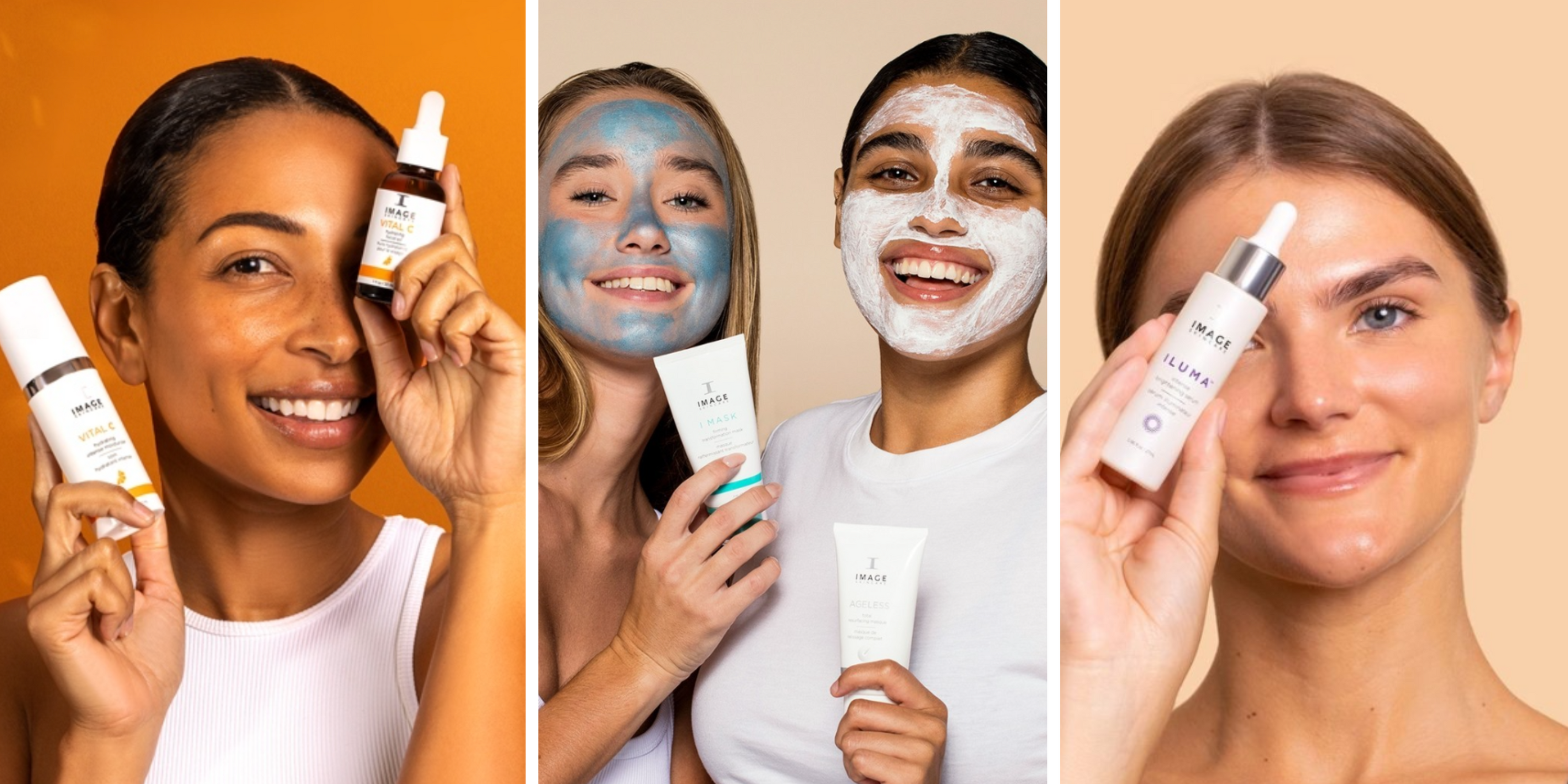As winter sets in, the skincare regimen we adopt plays a pivotal role in maintaining our skin's health and radiance.
While many focus on adding hydrating skincare products to their routine, it's equally important to recognise which ingredients might be detrimental during the colder months. This comprehensive guide aims to enlighten you about specific skincare ingredients that are best avoided in winter, ensuring your skincare routine supports rather than hinders your skin's wellbeing.
The Importance of Tailoring Your Skincare for Winter
Winter brings a drastic change in environmental conditions – lower humidity levels, harsh winds, and indoor heating systems contribute to skin dryness and sensitivity. This shift necessitates a corresponding change in your skincare routine. Using the wrong skincare ingredients can exacerbate dryness, irritation, and skin barrier damage. Understanding which ingredients to avoid is crucial in crafting a winter skincare routine that nurtures and protects your skin.
Alcohol in Skincare: A Hidden Culprit
Alcohol-based skincare products, often included for their quick-drying and degreasing properties, can be particularly harmful during winter. High concentrations of alcohol strip the skin of its natural oils, leading to increased dryness and irritation. This section will explore how alcohol in skincare products affects the skin in winter and offer alternatives for maintaining skin hydration and balance.
Fragrances in Skincare: The Unseen Irritant
While fragrances in skincare products can make the application experience more enjoyable, they often lead to skin sensitisation, especially in the colder months. This part of the blog will delve into the types of fragrances commonly found in skincare products, their potential impact on winter skin, and how to identify and choose fragrance-free options.
Salicylic Acid: A Double-Edged Sword
Salicylic acid, a popular ingredient in acne skincare treatments, can be overly drying in winter. This segment will discuss the effects of salicylic acid on winter skin, particularly for those with acne-prone skin, and suggest gentler skincare alternatives to address breakouts without compromising skin hydration.
Other Ingredients to Be Wary Of
Beyond alcohol, fragrances, and salicylic acid, there are other skincare ingredients that might not be suitable for winter use. Ingredients like certain retinoids, benzoyl peroxide, and high concentrations of glycolic acid can aggravate dry and sensitive winter skin. This section will provide a detailed overview of these ingredients and their effects on the skin during colder months.
Winter Skincare Alternatives: What to Use Instead
After highlighting what to avoid, it's essential to suggest suitable skincare alternatives for winter. This part of the blog will recommend ingredients and products that are ideal for winter skincare, focusing on hydration, nourishment, and gentle care for the skin.
Conclusion: Embracing Winter Skincare Mindfully
In conclusion, adjusting your skincare routine for winter isn't just about adding moisture-rich products; it's also about avoiding certain ingredients that can harm your skin in colder weather. By being mindful of these ingredients, you can ensure your skincare routine effectively supports your skin's health and vitality through winter.
Shop the best cosmeceutical products at Beautology Shop today.



